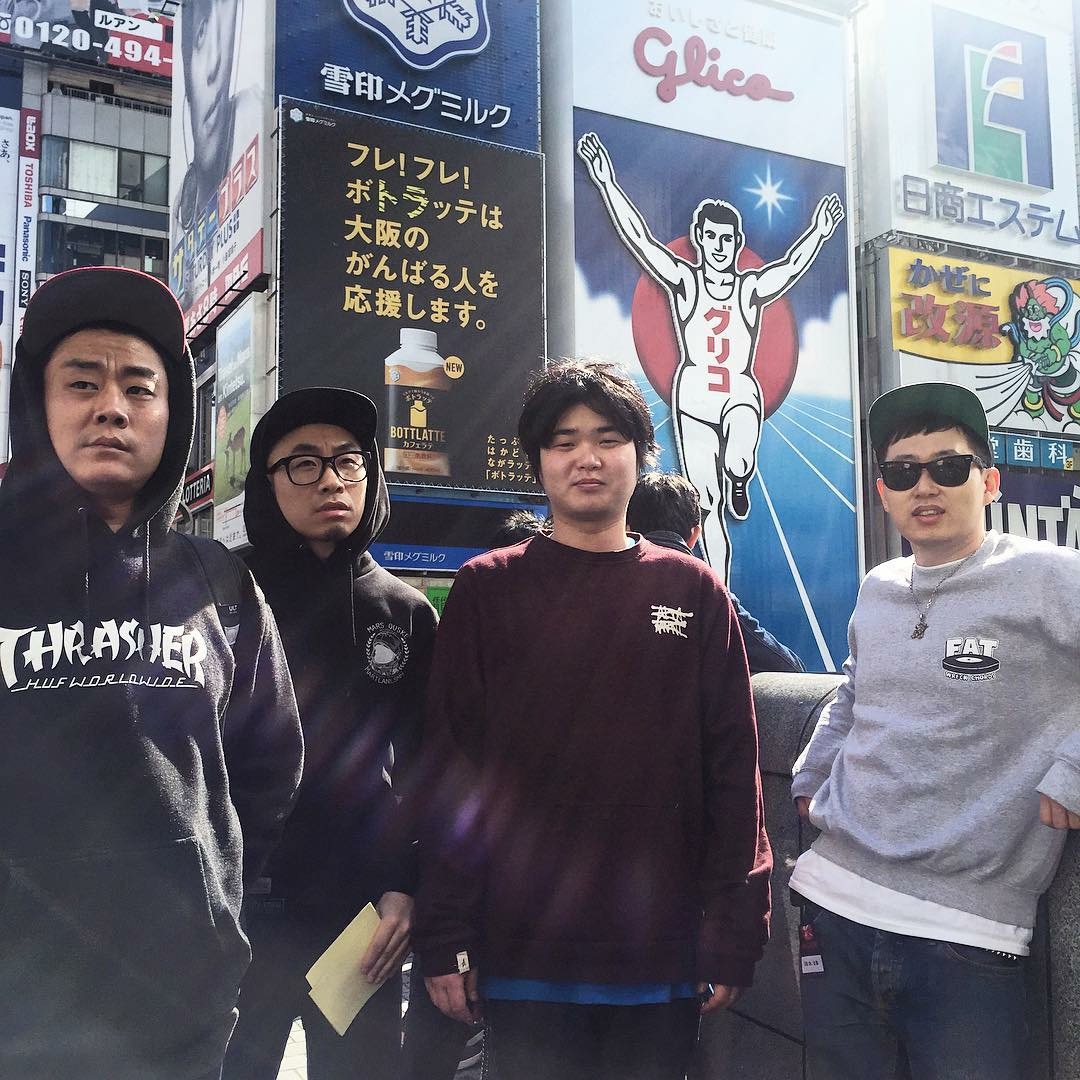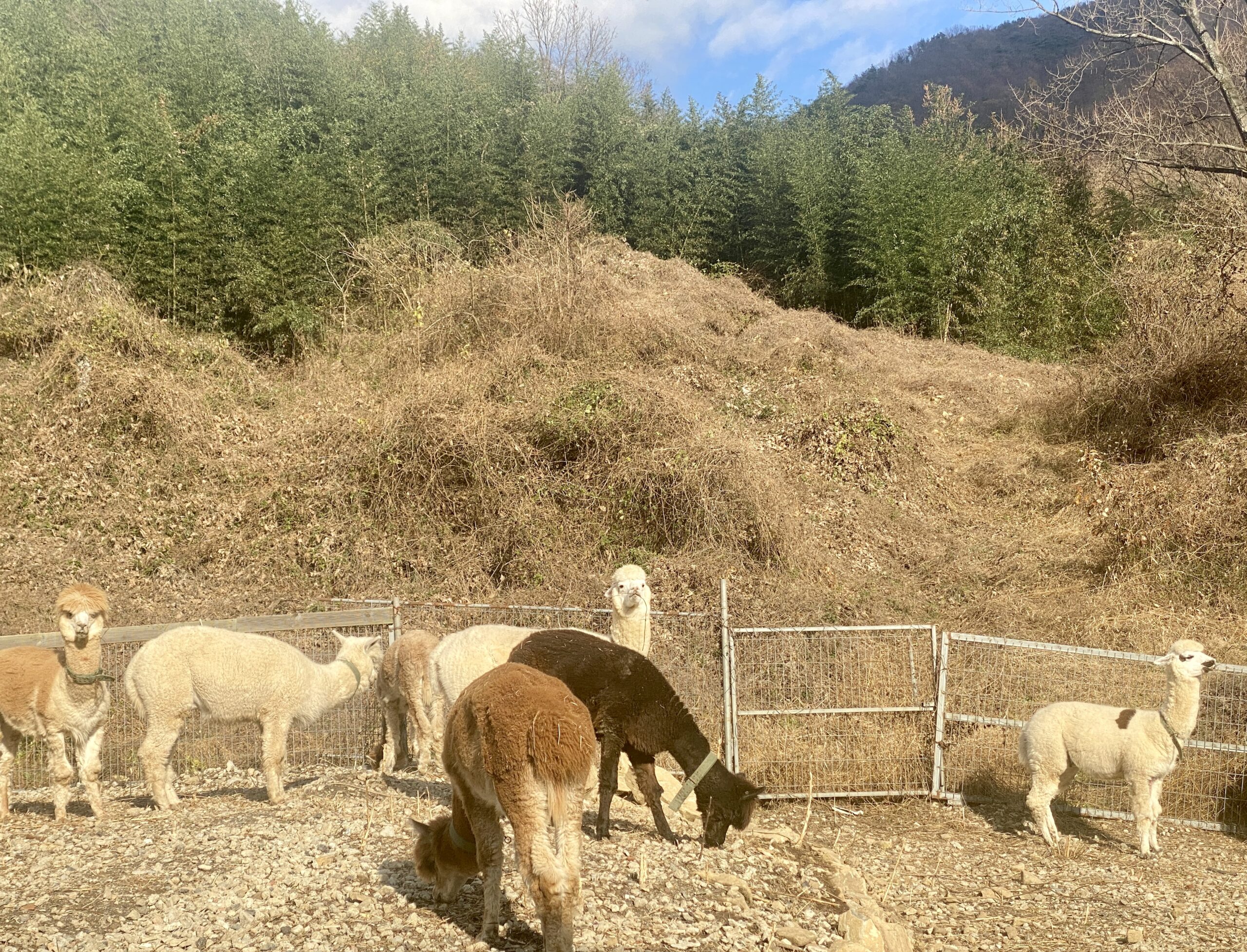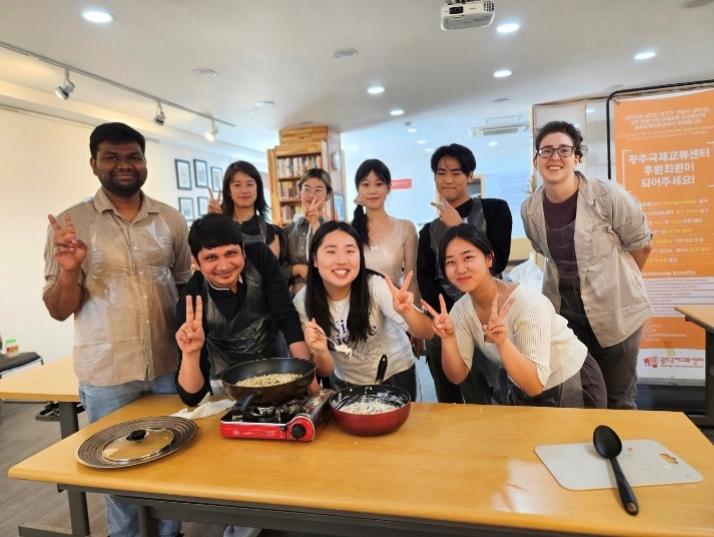My Journey as a GIC Volunteer
My father, who has worked as a journalist for many years, often speaks about “true globalization.” According to him, true globalization gives people a chance to gain mutual understanding through cultural interaction. With mutual respect, different countries can interact with each other in positive ways in order to better understand languages, traditions, and cultural differences. We have a responsibility to use our unprecedented level of interconnectedness in a positive way, one that leads to a harmonious global community, and not as a social weapon to disseminate negative stereotypes or biases.
My mother, who has been educating students for more than 25 years, emphasizes the importance of education in globalization. Education shapes people, cities, and entire countries. Moreover, education is the key to learning how to use globalization to benefit humanity rather than further distancing us from one another. Because she values globalization and education so strongly, my mother donates money to nonprofit organizations that aid countries in need, including Tanzania, Pakistan, and the Philippines. With donated funds, organizations construct deep-capped wells for fresh water and build schools along with centers for free food services. My mother gladly donates money because, as she says, “We are the world.”
Influenced by my parents, I had been looking to volunteer for an organization in Gwangju. I searched for an organization that specifically dealt with globalization. This organization also had to encompass education in some form. It did not have to be traditional education as Koreans generally think of it, but rather education through cultural exchange with foreigners from different countries.
I found the perfect organization by chance. I picked up a magazine published by the Gwangju International Center (GIC), and after reading it, I told my mother that I wanted to volunteer my skills with this organization. The GIC magazine dealt with globalization by bringing together people from different countries and backgrounds, and it was educational to read about the perspectives of other people and get their opinions on various topics. That was my motivation for becoming a volunteer at GIC. When I learned that the GIC runs without financial support from the local government, I thought it would be a rather small organization. However, when I visited the GIC I was surprised to find out that it was bigger than I expected.
At GIC, staff and volunteers work together to create events and programs such as the Gwangju International Community Day, GIC language classes, and the GIC Culture Tours. These events and programs bring Gwangju’s diverse community together. While tending to my duties of sorting the GIC magazine issues and proofreading GIC guide books, I finally understood the essence of globalization. The idea is to have many people from different countries and cultures come together and create a positive message and atmosphere for the community. I could see boundless scenes of different cultures harmoniously working together while I was volunteering. As a result of my work with the GIC, my perspective on having mutual respect for others and trying to understand other cultures has changed immensely.
Currently, I proofread the guidebook for foreigners in Korea who might have difficulty communicating or adapting to Korean culture. Through this job I experienced empathy for those who were having a hard time in Korea, and I felt motivated and dedicated to making them feel more comfortable. I am proud of GIC’s devotion to globalization and education, and I appreciate them for giving me this memorable opportunity.




